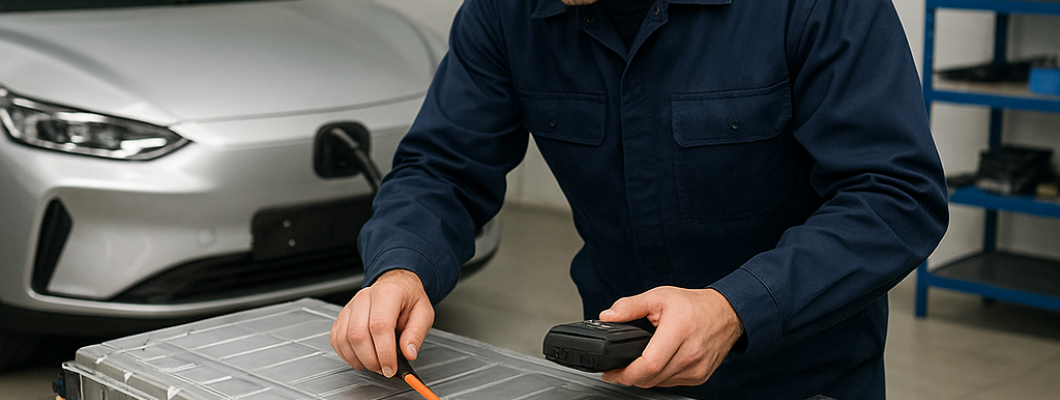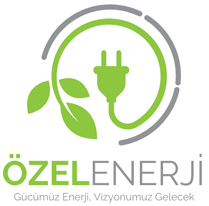What Is an Electric Vehicle Inspection Device?

What Is an Electric Vehicle Inspection Device? Why Is It Important?
Electric vehicles (EVs) are becoming increasingly popular thanks to their eco-friendly and cost-saving advantages. However, when buying a used electric vehicle, the most critical factor to consider is the condition of the battery and electronic systems. This is where the electric vehicle inspection device comes into play.
So, why is EV inspection so important? What exactly does the inspection device test? Let’s take a closer look.
Why Is Electric Vehicle Inspection Necessary?
The battery is the most valuable and expensive part of an EV. The vehicle’s range, performance, and lifespan depend directly on the health of the battery. For this reason, buying a vehicle without a proper inspection can involve serious risks.
Risks of Buying Without an Inspection
-
Battery degradation → The car may provide far less range than the factory specification.
-
Hidden electrical faults → Issues not visible to the eye may result in costly repairs.
-
High repair costs → Battery replacement can cost up to half the value of the vehicle.
-
Loss of value → A vehicle without an inspection report may lose buyer confidence.
What Does an EV Inspection Device Test?
An EV inspection device not only evaluates mechanical parts but also communicates with the vehicle’s ECU (Electronic Control Unit) to perform a detailed analysis.
Key functions include:
-
Battery Health Test (SOH – State of Health)
Measures the current capacity and lifespan of the battery. -
Charge Cycle Analysis
Reports how many times the battery has been charged and discharged. -
Range Estimation
Calculates the real-world driving range based on usage data. -
Electronic System Scan
Checks for faults in the motor, inverter, charging system, and other electronic components. -
Error Code Reading
Detects stored fault codes in the ECU to identify potential future problems.
Benefits of EV Inspection
-
Provides safety and peace of mind for buyers.
-
Builds transparency and trust for sellers.
-
Helps determine the accurate market value of the vehicle.
-
Battery health report speeds up the sales process.
Frequently Asked Questions (FAQ)
1. How long does an EV inspection take?
Usually between 30 and 60 minutes, depending on the depth of the tests.
2. Does it only check the battery?
No. In addition to the battery, the inspection also covers the motor, charging system, electronic components, and fault codes.
3. Is it risky to buy an EV without inspection?
Yes. Battery and electronic system failures can lead to very high costs.
Inspection Is a Must for Safe EV Purchases
An electric vehicle inspection device is a major advantage for both buyers and sellers in the used EV market. Most importantly, the battery test reveals the true condition of the car and helps avoid unexpected risks.
If you are considering buying an electric vehicle, always request an inspection report. Because in the EV world, the key to a safe investment is a thorough inspection with a professional device.

Leave a Comment